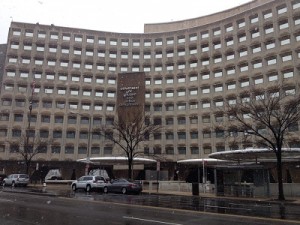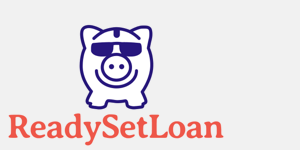 The Federal Housing Administration, or FHA, is a mortgage loan insurance provider. FHA is housed with The Department of Housing and Urban Development, or HUD. It has a set of guidelines for housing loans and if a borrower meets these guidelines, FHA will insure the loan to protect the lender against losses. FHA is not a loan provider and does not lend money for home purchases.
The Federal Housing Administration, or FHA, is a mortgage loan insurance provider. FHA is housed with The Department of Housing and Urban Development, or HUD. It has a set of guidelines for housing loans and if a borrower meets these guidelines, FHA will insure the loan to protect the lender against losses. FHA is not a loan provider and does not lend money for home purchases.
FHA has different criteria with which it qualifies borrowers than the so-called “conventional” loan programs of Fannie Mae and Freddie Mac. FHA allows for lower down payments and has slightly more lenient credit-qualifying criteria than conventional loan programs.
Contrary to popular belief, FHA loans are not “low-income” or “Section 8” housing loan programs. Because FHA is a part of HUD, many folks have the misconception that these are subsidized loan programs, which is not the case. FHA borrowers have to meet similar income criteria as those who apply for conventional loan programs.
Then why would someone use an FHA loan instead of a Fannie Mae loan?
Conventional loan programs through Fannie Mae and Freddie Mac account for risk by making pricing adjustments. These adjustments effectively increase a borrower’s interest rate or cost of obtaining the loan. There are many different risk factors that can increase a borrower’s rate.
- Down Payment. Conventional loans offer higher interest rates to most borrowers who contribute less than a 20% down payment. The adjustments get steeper the less the borrower contributes. FHA does not have a pricing adjustment; the borrower will receive the same interest rate with 20% down as he/she would with 3.5% down.
- Credit Scores. Conventional loans have increased interest rates for credit scores below 740. Credit scores also impact the monthly mortgage insurance premium (see below).
- Multi-family homes. Conventional loan programs require higher down payments for multi-family (2-, 3- and 4-unit) homes. In addition, there are pricing adjustments for loans on multi-family homes. FHA allows for 3.5% down payment for all of its loan programs. [Note: FHA does require that the borrower have reserves, or funds left after closing, for 3- and 4-unit purchases.]
- Monthly Mortgage Insurance (MMI). MMI rates for conventional loans are also priced according to credit score, down payment and number of units. Lower down payments and credit scores and multi-unit properties result in higher MMI rates. FHA has a slight MMI rate increase for 3.5% down versus 5% down.
Then why wouldn’t someone want to get an FHA loan?
The primary reason why someone wouldn’t want an FHA loan is because of the MMI. FHA’s mortgage insurance is higher than conventional loans and, in most cases, would last for the life of the loan. Lifetime MMI has scared many borrowers who shudder at the thought of mortgage insurance for 30 years. The reality of it is that the average life of any loan is 7 years.
It is important that borrowers weigh the pros and cons of FHA and conventional loan programs prior to obtaining either of them.






